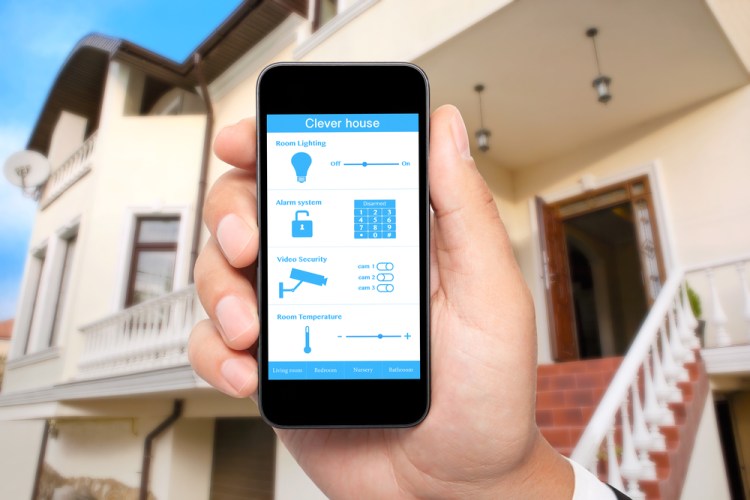This sponsored post is produced by Bitdefender.
With more than 1.6 billion Internet-enabled devices predicted to hit homes in 2016, privacy buffs will continue to express concerns over how much personal data is being aggregated and who’s doing it.
During 2015, we’ve seen both household smart devices and privacy take a beating as security researchers pulled apart both the security of Internet-connected appliances and the personal privacy they were supposed to uphold.
Smart TV manufacturer LG hit the spotlight when people learned that some of their private and personal in-house conversations could be broadcast to third parties because of a Voice Recognition feature that’s always ON. As if this wasn’t enough, up-to-date firmware in internet-connected garage doors, switches, and door locks, and even popular home automation hubs were deemed both poorly configured and vulnerable to a battery of potentially simple attacks by cybercriminals.
It was also worrisome that someone could mess with your TV and use it to smuggle USB-attached personal files, but what’s worse is that Internet-connected cameras are just as prone to remote control as everything else. While audio/video baby monitors might not seem like a big deal, the Internet is a strange enough place that someone is bound to find some use for that broadcast.
Of course, smart homes appeal to consumers as a sexy feature of the future, but so far we’ve only seen privacy concerns that lead to misuse and abuse. The more smart devices we add to our homes, the more likely it is that the accumulation of technology could be used to monitor, record, and profile ourselves and family members.
In fact, one profiling technology came up with inaudible sound beacons served across devices and operating systems that help marketers track you regardless of what type of smartphone, smart TV, or laptop you’re using. So when you’re searching for a new leather couch on your laptop, then check out directions to the store on your smartphone, followed by purchasing and getting it into your apartment, you might end up bombarded by leather conditioning products on your laptop, smartphone, and smart TV for the next couple of days.
The more smart devices you have in your home, the more accurate tracking will become, and marketers will be able to compile a pretty accurate and custom-tailored profile just for you, regardless of what device or OS you use.
The bottom line is that the more smart technology we add to our holds, the more likely the chance it’s going to be abused and infringe on our most basic privacy needs.
The bright side is that security vendors have begun to anticipate this and have already released smart home security appliances that do more than just help protect all of your Internet-connected devices from bad guys. Bitdefender Box for one, can keep eavesdroppers and cybercriminals at bay, while also guarding your personal privacy, letting you rest assured that your devices are safe.
Sponsored posts are content that has been produced by a company that is either paying for the post or has a business relationship with VentureBeat, and they’re always clearly marked. The content of news stories produced by our editorial team is never influenced by advertisers or sponsors in any way. For more information, contact sales@venturebeat.com.

